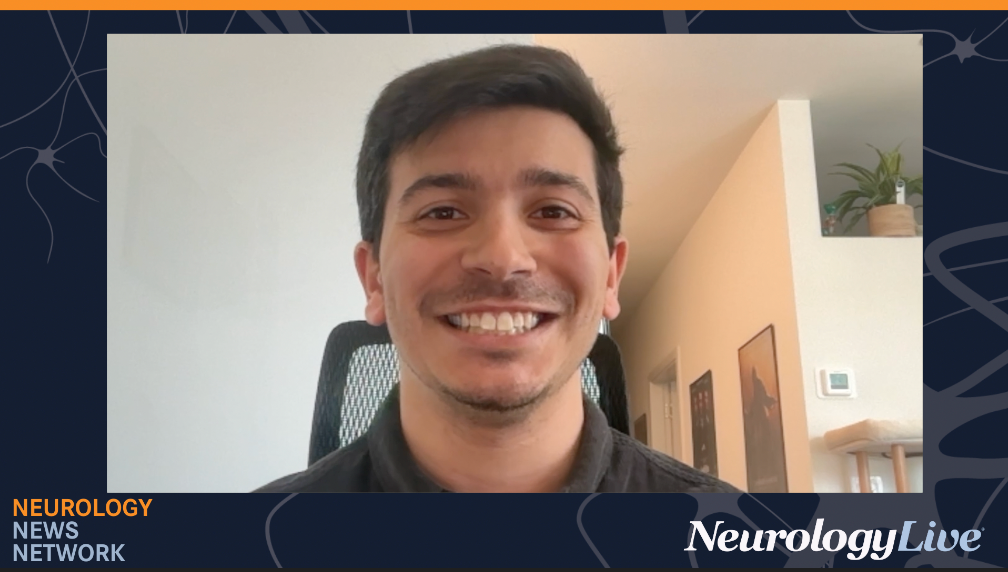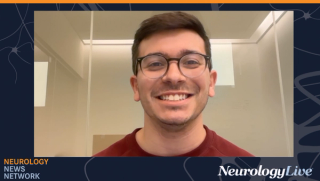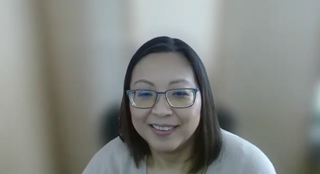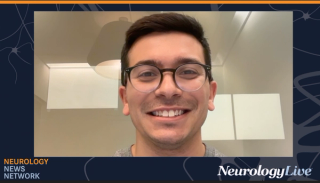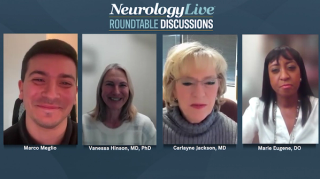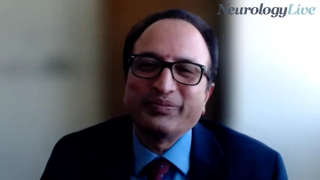
Epilepsy
Latest News

Latest Videos

CME Content
More News

Catch up on any of the neurology news headlines you may have missed over the course of June 2025, compiled all into one place by the NeurologyLive® team.
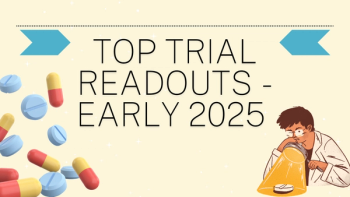
Overviewing the major clinical trial readouts in neurology from the first half of 2025, with data that could reshape patient care.

UCB has recently announced promising phase 3 trial results of fenfluramine, a potential new treatment to enhance seizure control for CDKL5 deficiency disorder.

Mind Moments®, a podcast from NeurologyLive®, brings you an exclusive interview with Joseph Sullivan, MD. [LISTEN TIME: 14 minutes]

Veronica Hood, PhD, chief scientific officer at the Dravet Syndrome Foundation, discussed the evolving care landscape of Dravet syndrome, highlighting breakthroughs in precision medicine and promising new therapies for patients.

Catch up on any of the neurology news headlines you may have missed over the course of May 2025, compiled all into one place by the NeurologyLive® team.

Here's some of what is coming soon to NeurologyLive® this week.

Here's some of what is coming soon to NeurologyLive® this week.
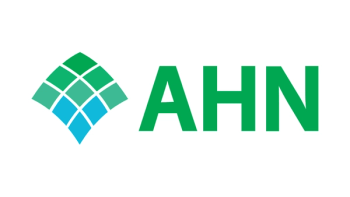
AHN Saint Vincent Hospital offers advanced neurological care, reducing wait times and providing local access to specialized treatments for various conditions.

Here's some of what is coming soon to NeurologyLive® this week.

Here's some of what is coming soon to NeurologyLive® this week.

Take 5 minutes to catch up on NeurologyLive®'s highlights from the week ending May 16, 2025.

Mind Moments®, a podcast from NeurologyLive®, brings you an exclusive interview with Ajay Gupta, MD. [LISTEN TIME: 17 minutes]

FDA approves study to test Capsida's CAP-002 gene therapy for STXBP1-DEE, offering hope for improved seizure control and developmental outcomes in affected patients.

The director of the Tuberous Sclerosis Program at Cleveland Clinic provided clinical commentary on a novel clustering analysis in TSC, revealing how phenotype-genotype insights can lead to more personalized treatment and surveillance.

Here's some of what is coming soon to NeurologyLive® this week.

Catch up on any of the neurology news headlines you may have missed over the course of April 2025, compiled all into one place by the NeurologyLive® team.

Over long-term treatment, fenfluramine significantly reduced seizure frequency, increased seizure-free days, and improved quality of life in patients with Dravet syndrome.

From Neurology Enthusiast to Advocate for Health Equity: Moira Kapral’s SEQUINS Hall of Fame Journey
Moira Kapral, MD, MSc, reflects on her SEQUINS Hall of Fame recognition, the evolution of brain health equity, and her work addressing disparities in stroke care.

Robert J. Adams, MS, MD, reflects on his SEQUINS Hall of Fame recognition, his work on stroke prevention, and the importance of equity in brain health.

Barbara Vickrey, MD, MPH, discusses her SEQUINS Hall of Fame honor, the evolution of healthcare delivery models, and the role of mentorship in fostering equity in neurology.

Lewis B. Morgenstern, MD, reflects on his SEQUINS Hall of Fame recognition, the importance of health equity research, and his ongoing efforts to reduce stroke disparities.
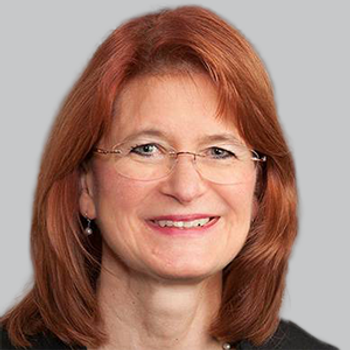
Cheryl Bushnell, MD, MHS, a professor of neurology at Wake Forest University, discussed her SEQUINS Hall of Fame recognition, her work on sex differences in stroke risk, and her ongoing efforts to improve stroke care equity.
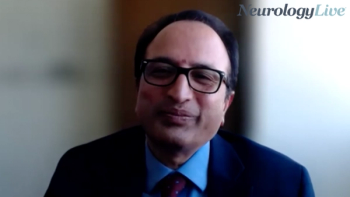
The division chief of neurology at Nemours Children’s Hospital discussed evolving surgical techniques, neuromodulation therapies, and precision medicine approaches for complex epilepsy cases. [WATCH TIME: 5 minutes}
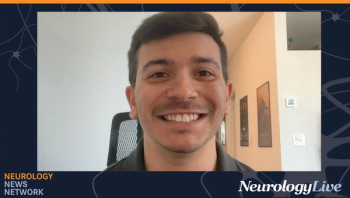
Neurology News Network. for the week ending April 26, 2025. [WATCH TIME: 3 minutes]




